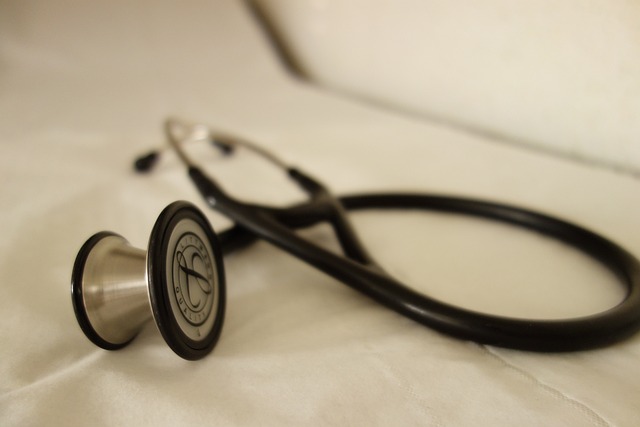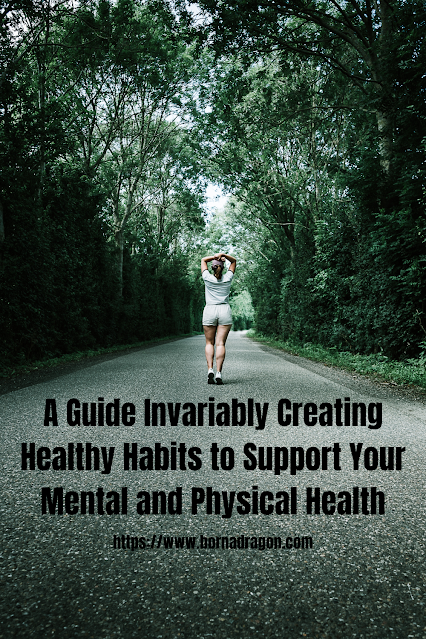We all know that being overweight or obese can lead to serious health problems like heart disease, diabetes, and high blood pressure. But did you know that carrying around extra weight can also take a toll on your mental health?
That’s right, research has shown that there is a strong link between obesity and mental health issues like depression, anxiety, and even substance abuse.
So if you’re struggling to lose weight, it’s important to remember that you’re not just doing it for your physical health—you’re doing it for your mental health as well.
Here are 10 ways to lose weight:
1. Cut out sugary drinks
Sugary drinks like soda, energy drinks, and fruit juice are loaded with calories and sugar. And while it’s okay to indulge in these drinks occasionally, they should not be a regular part of your diet.
2. Avoid processed foods
Processed foods are often high in calories, sugar, and unhealthy fats. They can also be low in nutrients like fibre and protein. When possible, try to eat whole, unprocessed foods like fruits, vegetables, and lean meats.
3. Get enough sleep
Sleep is an important part of any weight loss plan. When you don’t get enough sleep, your body produces more of the hormone ghrelin. Ghrelin is a hormone that increases appetite. So if you’re not getting enough sleep, you may be more likely to eat more than you need.
4. Avoid eating late at night
Eating late at night can make it harder to lose weight. That’s because your metabolism slows down when you sleep, so food isn’t burned off as quickly. If you must eat late at night, try to make healthy choices like fruits or vegetables.
5. Eat more protein
Eating protein can help you lose weight by keeping you full and satisfied. Protein takes longer to digest than carbohydrates, so it can help you feel full for longer periods of time.
6. Avoid “diet” foods
Many “diet” or “low-fat” foods are actually high in sugar and calories. And while they may help you lose weight in the short term, they’re not always the best choice for long-term weight loss.
7. Fill up on fiber
Fiber is a type of carbohydrate that your body cannot digest. It passes through your digestive system without being broken down or absorbed and helps maintain bowel health. Fiber is found in foods like fruits, vegetables, and whole grains.
8. Avoid eating out
Eating out at restaurants can be tempting, but it can also be expensive and unhealthy. When possible, try to cook at home using fresh, whole ingredients.
9. Get active
Exercise is an important part of any weight loss plan. Not only will it help you burn calories, but it can also help to boost your mood and reduce stress levels.
10. Seek professional help
If you’re struggling to lose weight on your own, don’t be afraid to seek professional help. A registered dietitian or certified personal trainer can give you the guidance and support you need to reach your weight loss goals, or you can consider weight loss surgery if needed.
In Closing
Losing weight can be a challenge, but it’s important to remember that you’re doing it for your health—both physical and mental. By following these 10 tips, you’ll be on your way to a healthier weight—and a healthier mind.


.png)



.png)

.png)

.png)




























.jpg)